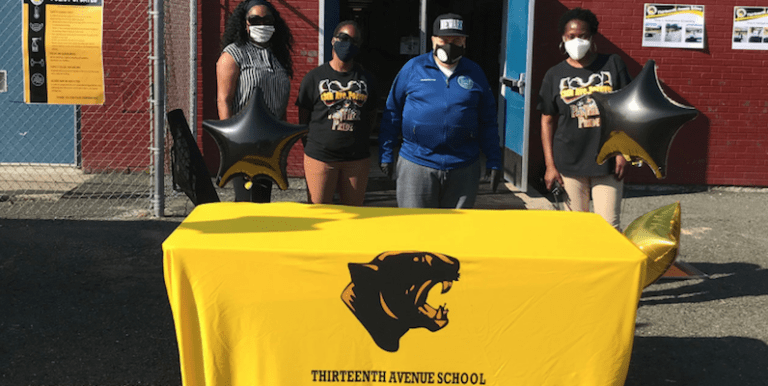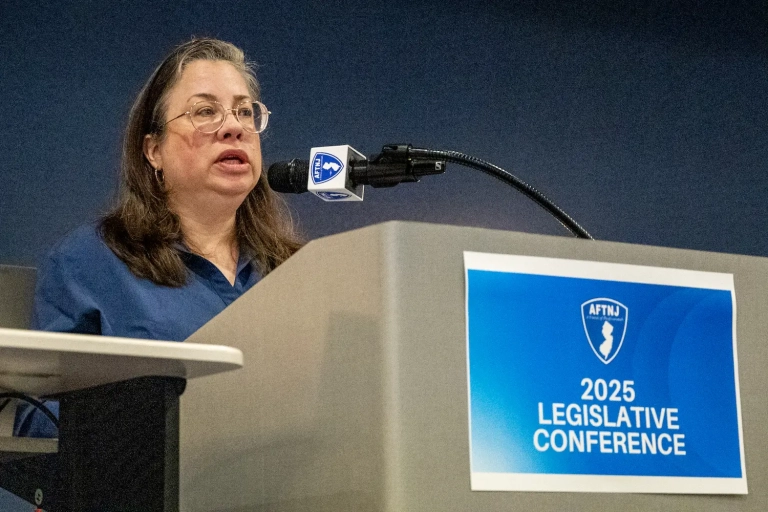Carly Sitrin, NJ Spotlight
“If we do strike, we will be striking for the agenda of the Governor and the Secretary of higher education as expressed in this plan,” Rutgers AAUP-AFT vice president and anthropology professor David Hughes said. “We have been bargaining to bring [the aspects of] this lofty plan down to earth and to make it real and we have not made sufficient progress at the bargaining table.”
Hughes pointed to their proposed “EOF+6” plan that he said would help achieve many of the goals laid out in the Murphy administration’s plan: Such a program would give a six-year Ph.D fellowship, all expenses paid, to any Educational Opportunity Fund grant-program graduate who is admitted to Rutgers thus, he said, improving opportunities for minority students and simultaneously creating a pool of diverse and qualified teachers. EOF funding is reserved for students from “educationally and economically disadvantaged backgrounds” and can be used for tuition as well as support services like counseling and tutoring.
“It would take that population of students that is largely first generation and students of color and give them a pipeline to become a faculty member,” Hughes said. “Management has refused to talk to us about it.”
Teresa Politano, a part-time lecturer (PTL) in the School of Communication and president of the PTL faculty chapter at Rutgers said as a faculty member and as a parent, she’s hopeful that the plan will kickstart things at her university. She noted that at Rutgers alone, 70 percent of the faculty are contingent (Rutgers’ word for adjunct professors) like her and struggle to find time and space to provide students with the comprehensive education that they deserve. Politano said of PTLs at Rutgers, “We’re poorly paid, we have no job security, and no access to health benefits, we have no office space, no sick days, no maternity leave,” which makes going above and beyond to help students more difficult.
“We’re the ones who stand in front of the class,” Politano said. “Student success is directly related to what happens in the classroom so when you fix the system, you can address and support students better.”
More >>






